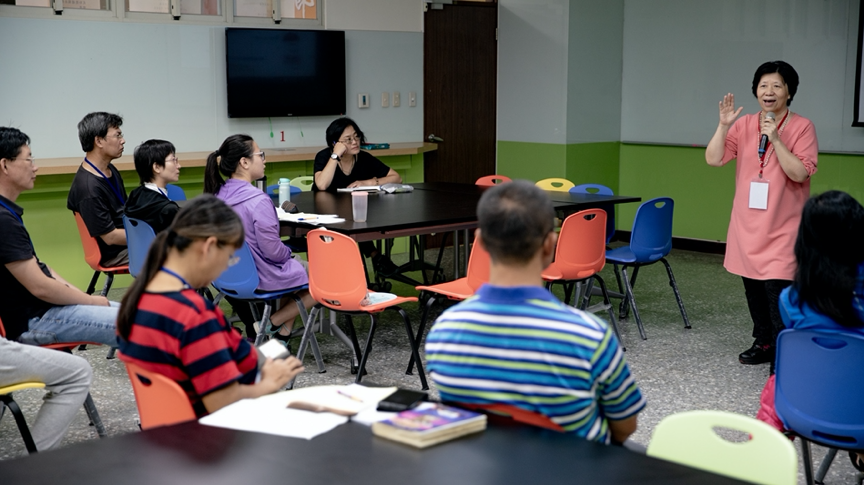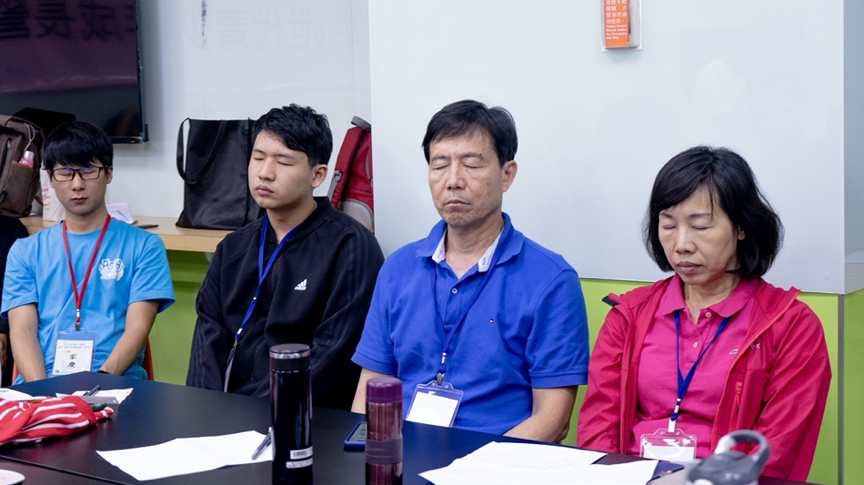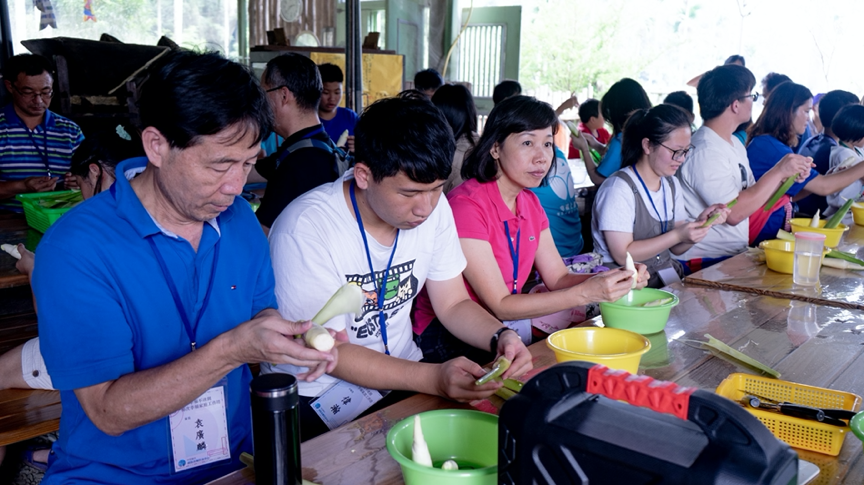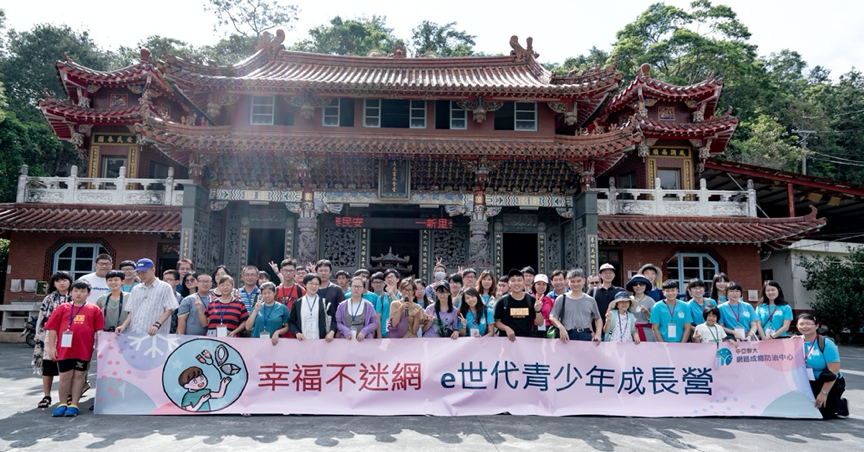Asian University takes digital education to take root, healthy Internet access is not a characteristic social responsibility of the university, the Asian University of Internet Addiction Prevention and Control Center held the second phase of the Happy Happiness Network-Youth Psychology Camp for Internetless Accommodation Team, to bring the participating young students to the "Internet-free and merry" experience, to find joy, belonging, meaning and accomplishment from non-Internet interpersonal interactions and multiple intelligence activities; and learn many face the temptation of surfing the Internet Contextual skills, such as using exercise, positive thinking, and mindfulness to relieve stress; not using the Internet to forget and worry.
On September 29, a follow-up happy family workshop was held to strengthen the digital education of the family and promote healthy Internet access. On the one hand, the youth students returned to the team to share with each other how they resisted the desire to go online in the daily life after leaving the camp. Experience, share successful strategies and experiences, and face difficulties together, come up with more ways to respond. On the other hand, the workshop also invited parents to participate. A group of respectable parents who are willing to accompany their children to grow up and learn for life. In the parent group led by Vice President Ke Huizhen, they carefully understood the digital education focus of the e-generation and also enjoyed the family together. A small theater video that explores the possible impact of different types of discipline on young people. Parents practice their communication skills more seriously, learn to stand on the perspective of their children, and listen to understand why they need to rely on the Internet. Understand and accept the relationship, and then communicate and think about how to agree on the reasonable use of personnel, current, and physical features, and guide children to cooperate with each other to become healthy Internet users!

圖一:柯慧貞副校長與家長一起了解與演練同你心溝通方式,共許成為孩子的心靈捕手
清華大學李昆樺博士引導學員和家長體驗正念,一起觀思、觀情、觀慾望,不只是了解正念的理論基礎,並實際體驗「數息法」,學員和家長一同專注於內在經驗,練習觀察自己的想法與情感,學會靜心止慾 ,並在回家後可以一起應用。

圖二:親子共同體驗正念數息,一起觀思、觀情、觀慾望
下午工作坊的活動是到南投埔里的一新社區,親子共同學習大自然生態知識,了解創新農業提倡的與大自然共存的態度以及茭白筍的種植知識;親子共同製作茭白筍泡菜,從剝葉、切茭白筍到醃製,家長和學員們彼此合作著共同製作百香果冰淇淋,調配自己家庭最愛的冰淇淋比例,相互協助輪流搖著冰桶,辛勞過後,享受著親子共同製作的冰淇淋,吞下一口沁涼,滿心感受親子樂融融,超過九成以上的家長認為活動有益增進數位教養的知識、如何有效管教孩子的3C使用行為並促進親子共情與家庭幸福,揮別3C沉迷。

圖三:家長與學員分工合作,剝茭白筍、切塊以及醃製

圖四:幸福家庭工作坊家長、學員與工作人員於南投埔里一新社區合影

 Center for Prevention and Treatment of Internet Addiction
Center for Prevention and Treatment of Internet Addiction
